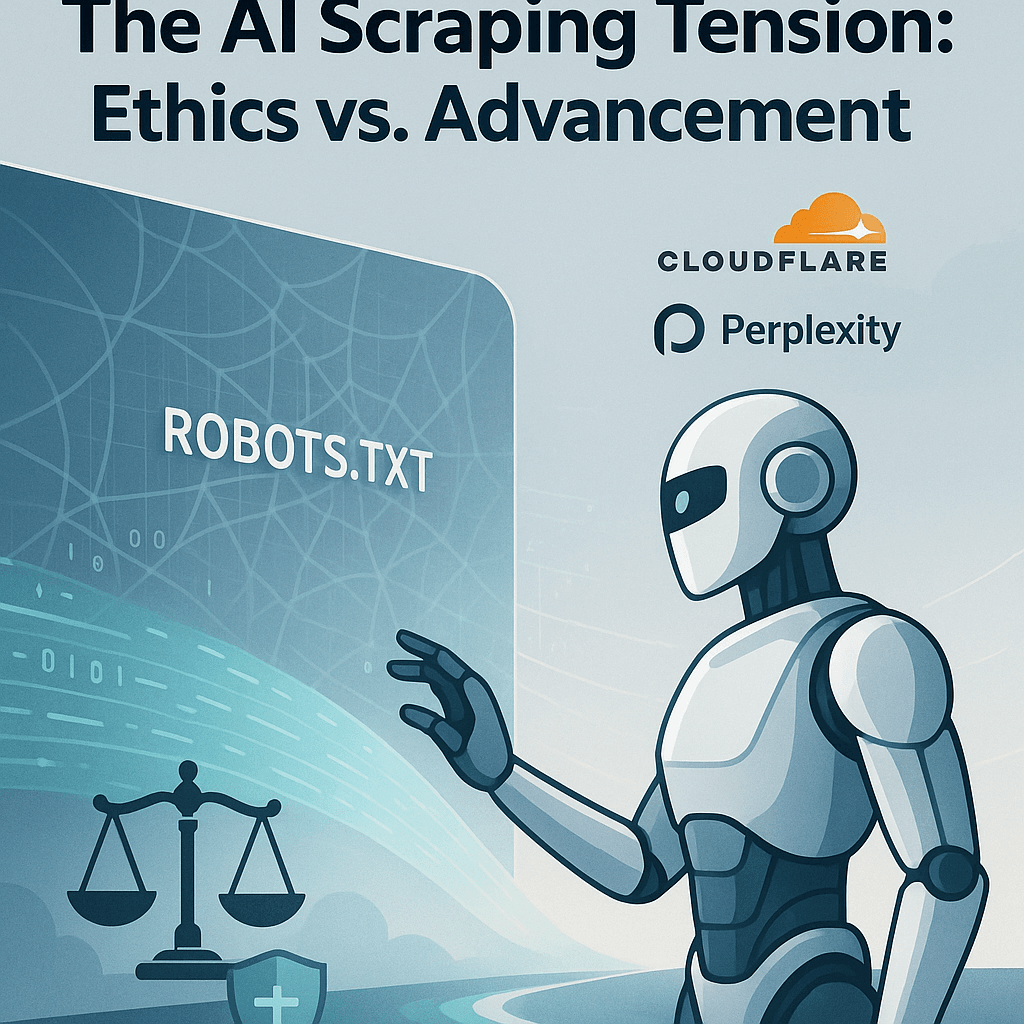TL;DR
- - Kaggle Game Arena introduces strategic game-based AI evaluation.
- - AI models now compete in structured environments for verifiable performance.
- - Enhanced benchmarks innovate beyond current limits with human-comparable reasoning.
- - Investment Thesis: Emphasize AI adaptability for long-term growth.
In the evolving landscape of AI, traditional benchmarks often fall short in assessing true intelligence. Google DeepMind's Kaggle Game Arena revolutionizes this space by hosting AI models in complex strategic games. Launched on August 4, 2025, this open-source platform promises a more dynamic measure of AI capabilities, enhancing strategic evaluations and fostering innovation in AI development. This initiative is timely as AI sophistication outpaces current evaluation methods.
Opening Analysis
The rapid advancements in AI technology present challenges for traditional AI benchmarking, which struggle to keep pace with the growing sophistication of AI models. Historically, benchmarks focused on evaluating performance in static, task-specific environments, which are now insufficient as models are often just memorizing solutions. To address these gaps, Google's DeepMind introduced the Kaggle Game Arena, leveraging the dynamic nature of games to offer meaningful evaluations of AI intelligence. This platform, exemplified by its open-source and competitive landscape, marks a step forward in AI evaluation.
Market Dynamics
The Kaggle Game Arena enters a competitive landscape with traditional evaluation benchmarks and newer dynamic tests like human-judged scenarios. Its advantage lies in its structured, game-based format, providing a quantifiable measure of AI capabilities against opponents of varying intelligence levels. This arena places AI models directly in competition, shifting the focus from isolated benchmark scores to dynamic strategic reasoning—a game-changer for both the AI & Automation industry and competitive markets.
Technical Innovation
Kaggle Game Arena offers a robust testing ground using strategic games that demand skills such as planning and adaptability. Games like Chess, Poker, and future additions like Go, stretch AI models beyond rote learning, encouraging development in real-world reasoning applications. Unlike legacy systems, this environment encourages AI to devise novel strategies, akin to 'Move 37' from AlphaGo, which established new depths in strategic thought. This technical leap enhances the evaluation of AI models' ability to process complex, unstructured problems.
